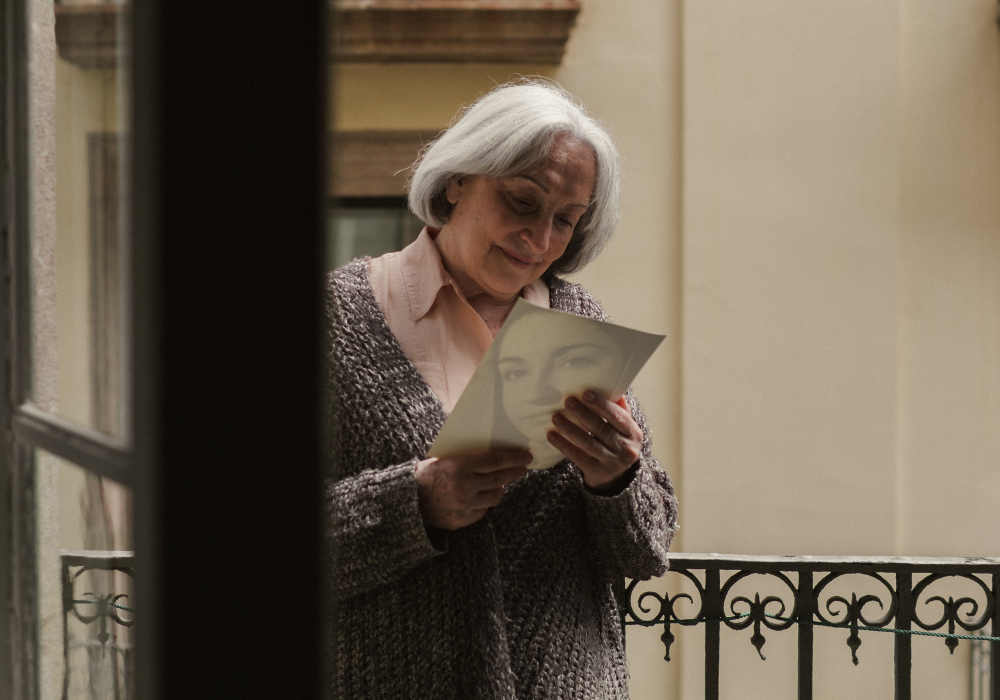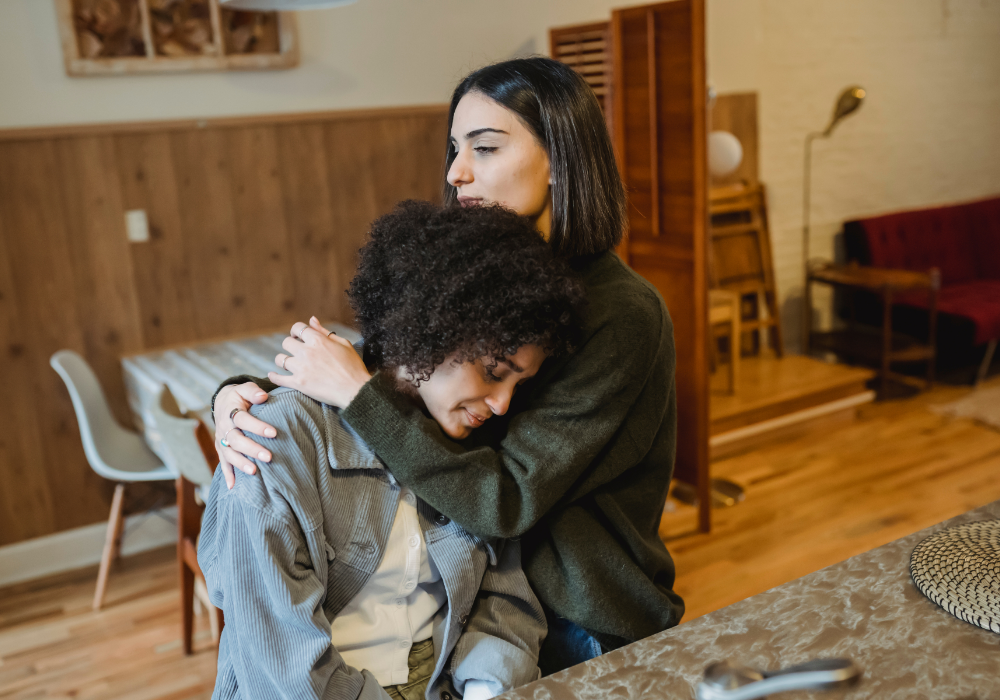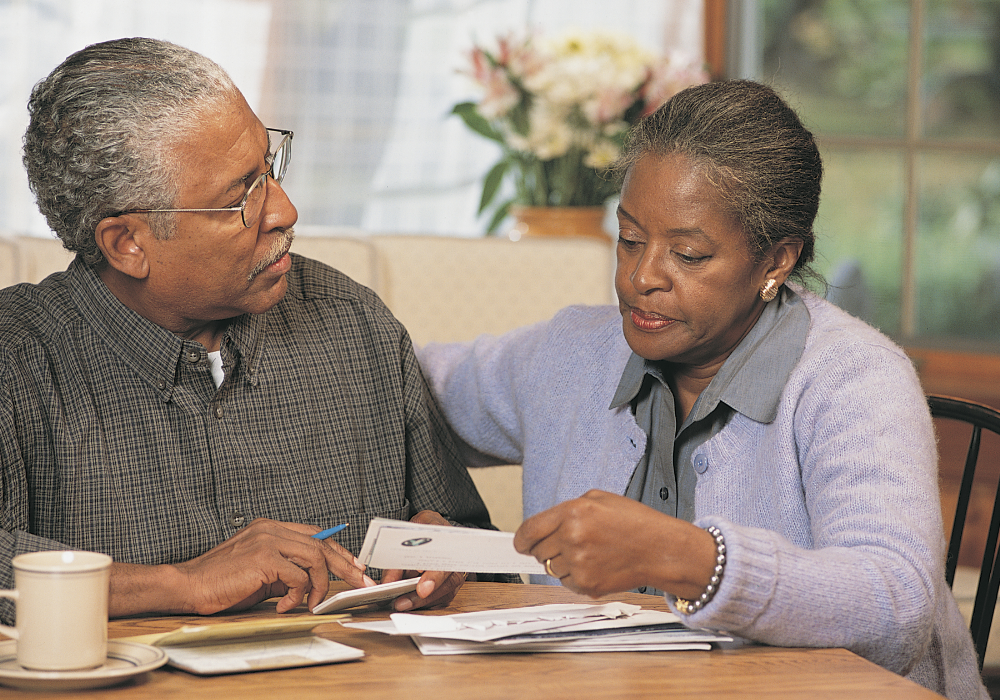The lessons take a lifetime to learn, but you don’t have to wait.

Love feels like everything when you’re young—messy, overwhelming, thrilling, and terrifying all at once. It feels urgent, as if every connection could be the defining one, or every heartbreak the end of the world. But time softens those sharp edges. With distance, older adults see love through a clearer, steadier lens, shaped by years of experience, mistakes, and growth. Their insights aren’t just reflections—they’re gentle warnings, quiet encouragements, and reminders of what truly matters.
Instead of learning these lessons the hard way, there’s power in hearing them early. These aren’t clichés from a greeting card or tired sayings passed around at weddings. They’re lived truths, earned over decades of loving deeply and losing bravely. If you’re navigating the chaos of love right now, these 11 hard-won lessons offer the kind of perspective that can ease the sting and make the journey a little less uncertain.
1. Obsession feels like love, but it’s really fear in disguise.

When you’re young, it’s easy to mistake obsession for devotion. You tell yourself you’re deeply in love, but really, you’re clinging tight because you’re scared—scared of losing someone, scared of being alone, or scared of not being enough. Elle Warren points out in NOCD that obsessive feelings often come from fear and anxiety, not genuine connection.
Older adults look back and recognize the difference immediately. Love should feel like trust, not anxiety. When someone truly cares for you, you won’t have to white-knuckle the relationship just to keep it alive. Real connection breathes freely.
It isn’t something you have to control or obsess over every minute of the day. Letting go of obsession frees you to build love that feels steady, not suffocating. The relationships that last aren’t the ones where you hold on the tightest—they’re the ones where you both feel safe enough to let go a little.
2. Falling in love is easy—staying in love takes work you won’t always want to do.

That rush at the beginning? The butterflies, the late nights, the feeling like you’ve found your missing piece? Everyone loves that part. It’s addictive, effortless, and it convinces you that you’ve found something unbreakable. Mark Travers shares in Forbes that as relationships evolve, excitement fades and everyday challenges take center stage, testing partners in new ways.
Here’s what older adults know: that shift doesn’t mean love is fading. It means you’ve arrived at the part where you build something real. Staying in love requires daily effort, even on days you don’t feel like it. It means choosing kindness during arguments, showing up when it’s inconvenient, and learning how to love your partner not just at their best, but at their messiest. The couples that last aren’t the ones who avoid hard moments—they’re the ones who face them, together.
3. You won’t be able to love someone else well until you actually like yourself.

It sounds like advice you’ve heard before, but it’s truer than you think. April Eldemire writes in Psychology Today that lacking self-love turns relationships into a search for external validation, leaving you dependent on a partner to feel worthy. Every small conflict feels like proof of your deepest fears—that you’re unlovable, not enough, or destined to be left behind. Older adults will tell you that self-respect changes everything. When you appreciate who you are, you bring wholeness into your relationships instead of hidden emptiness.
You won’t tolerate crumbs, and you won’t hand over your worth for temporary comfort. Loving yourself first doesn’t just improve your life—it makes you a better, more present, and more loving partner. Confidence draws love in naturally, but more importantly, it helps you recognize when love isn’t healthy and walk away when you need to.
4. Compatibility matters more than chemistry, no matter what movies say.

The rush of attraction feels all-consuming when you’re young, like sparks flying every time you’re in the same room. But chemistry is unpredictable—it flares up fast and can burn out just as quickly. Older adults know the relationships that last are built on quieter, steadier things: shared values, aligned goals, and everyday kindness.
Compatibility doesn’t always come with fireworks, and that’s what makes it so easy to overlook. But it creates the kind of partnership where you move through life in sync, facing challenges as a team instead of opponents. Over time, it’s compatibility that keeps you connected, while chemistry alone fizzles under stress. When you find someone who shares your rhythm, it won’t feel like settling—it’ll feel like finally finding your footing. And you’ll realize that’s worth more than any spark.
5. Timing isn’t everything, but it counts for more than you expect.

We love to believe that love conquers all, including bad timing. But in reality, where you are in your life shapes how ready you are to build something lasting. Older adults can spot the relationships that crumbled not because love was lacking, but because the timing wasn’t right. One person wasn’t ready. One was chasing a dream elsewhere. Life pulled them in different directions, and love alone couldn’t hold them together.
It’s a tough truth to swallow, but accepting it saves a lot of heartache. Love needs space to grow, and if life is crowding that space with chaos or misaligned priorities, even the strongest feelings might not be enough. When the timing finally aligns, love feels smoother—not because it’s perfect, but because you’re both ready for what it demands. Recognizing the role of timing helps you see that not every lost love is a failure. Sometimes, it’s just life.
6. Losing love hurts, but it teaches you how to love better next time.

Heartbreak feels like the end of the world when you’re in it. You replay every moment, wondering what went wrong and what you could’ve done differently. But ask anyone who’s loved and lost, and they’ll tell you: heartbreak, as brutal as it is, reshapes you in ways nothing else can.
Older adults often say they wouldn’t trade those painful endings because they taught them what they truly need—and what they’ll never settle for again. Loss sharpens your understanding of what matters in love: respect, communication, laughter, and shared growth. It teaches you to spot red flags earlier and appreciate healthy love when it finally arrives. Heartbreak carves out space inside you, and when new love comes along, you’re stronger, wiser, and more ready to hold it with care.
7. Small gestures matter way more than grand romantic moves.

It’s easy to get swept up in big, cinematic displays of love—lavish dates, dramatic declarations, over-the-top surprises. But older adults will tell you it’s not the grand gestures that hold a relationship together.
It’s the everyday moments: the way someone remembers your coffee order, checks in when you’ve had a rough day, or quietly supports you without needing recognition. These small, consistent actions build trust over time. They create a sense of safety and warmth that flashy moments can’t sustain on their own. Sure, big surprises feel exciting, but they fade quickly. Daily kindness, on the other hand, weaves love into the fabric of everyday life. Older adults remember the little things far more vividly than the big productions. It’s those steady, thoughtful moments that keep love alive long after the initial spark has cooled.
8. Love won’t save you from loneliness if you lose your own life in the process.

So many people chase love believing it will fill every empty corner. But older adults know the hard truth: even in a relationship, you can feel deeply lonely if you’ve abandoned your own identity. When you pour everything into your partner and neglect your passions, friendships, and personal growth, you end up hollowing yourself out.
Maintaining your individuality keeps the relationship healthy. When both people continue to grow independently, they bring fresh energy and perspective back to the partnership. Love isn’t meant to consume you—it’s meant to complement a full, vibrant life. Older adults often wish they’d spent less time trying to merge completely with someone else and more time nurturing their own spark. In the end, loving yourself and living fully outside the relationship makes the love you share even richer.
9. You can’t change someone who isn’t ready to change themselves.

When you’re younger, it’s tempting to believe love can fix anything. You see someone’s potential so clearly, and you convince yourself that with enough patience, care, or effort, you can bring out their best self. But older adults know better: change only sticks when it comes from within.
Trying to rescue or reform a partner often leads to frustration and heartbreak. People grow at their own pace, and no amount of love can force them to evolve before they’re ready. What you can control is your choice to stay or go based on who they are now—not who you hope they’ll become.
Accepting this frees you from the exhausting cycle of waiting for someone to catch up to your vision of them. Older adults will tell you it’s not your job to change anyone. It’s your job to choose wisely and love without illusions.
10. Physical attraction fades, but emotional safety lasts.

Passion is powerful in the early stages of love, and it feels impossible to imagine a time when it might dim. But as years pass, what keeps couples together isn’t physical chemistry—it’s emotional security. Older adults reflect on this shift often, noting how comfort, trust, and deep understanding grow far more valuable than fleeting sparks.
When you feel emotionally safe with someone, you can be vulnerable without fear. You share your fears, dreams, and failures, knowing you’ll be met with compassion instead of judgment. That kind of connection strengthens over time, even as physical attraction changes. Older adults often say they wish they’d prioritized emotional safety sooner, recognizing it as the true foundation of lasting love. When you find someone who makes you feel deeply seen and safe, you’ve found something far more enduring than surface-level passion.
11. Love won’t solve all your problems—but it helps you face them.

There’s a common fantasy that finding the right partner will magically smooth out life’s rough edges. But older adults will tell you: love doesn’t eliminate your problems. What it does—when it’s healthy—is give you someone to face them with. Life will still bring hardships, but having a loving partner makes those challenges feel less overwhelming.
Good relationships don’t erase struggle; they create space for support, understanding, and shared strength. You still have to do the work of life—pay the bills, manage stress, chase your goals—but you get to do it with someone who lifts you up instead of dragging you down. Older adults reflect on this with clarity: the value of love isn’t in escaping reality but in having a teammate when reality hits hard. Love can’t fix everything, but it makes the hard parts a little more bearable.
